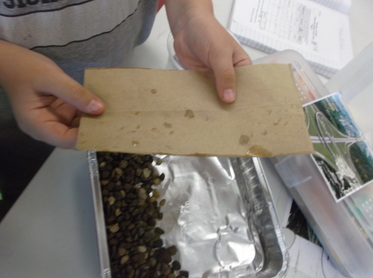
After each clean-up process is tested, four graders are seeing how much oil is left both on the shore and on the water in their models. Using a tool to measure how much oil remains, they truly see how the amount of oil left affects the ecosystem.
Less oil remaining means the ecosystem is impacted less. But how can we reduce our impact even more? Should we spend more?
Fourth graders continue to improve their oil spill clean-up process to impact the environment less, just like real environmental engineers! Way to go fourth grade!
Less oil remaining means the ecosystem is impacted less. But how can we reduce our impact even more? Should we spend more?
Fourth graders continue to improve their oil spill clean-up process to impact the environment less, just like real environmental engineers! Way to go fourth grade!
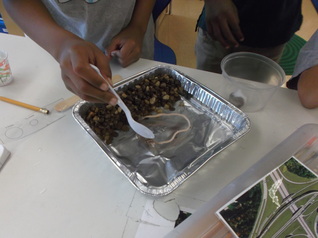
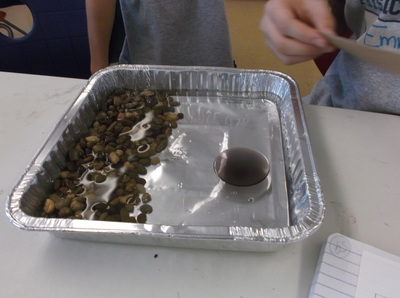
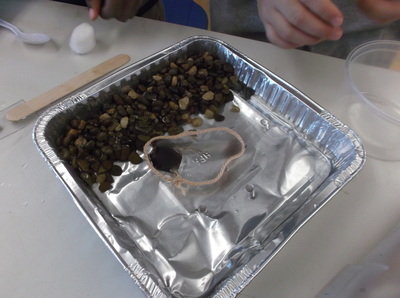
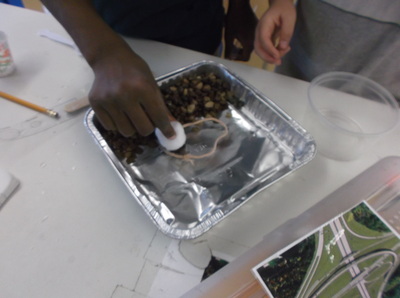
 RSS Feed
RSS Feed